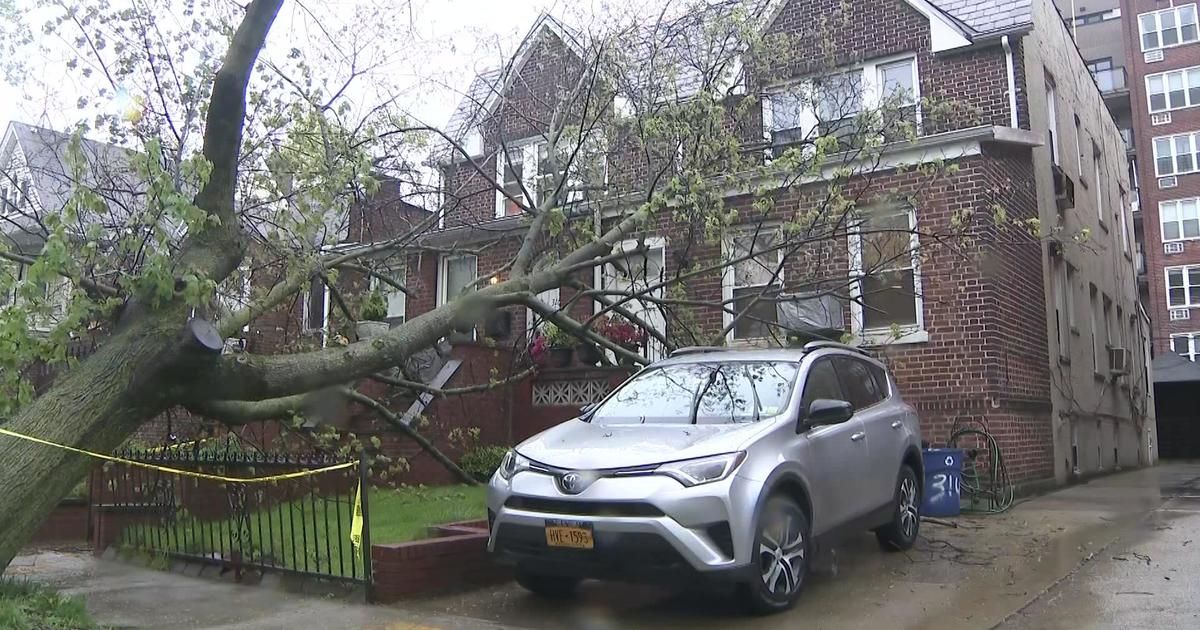Allergy Shots Could Help Take The Sting Out Of Bee And Wasp Attacks
NEW YORK(CBSNewYork) -- A deadly type of allergic reaction is on the rise and more than 1 million Americans may be at risk.
Bee and wasp stings could be more than a nuisance for many people who love the outdoors, CBS 2's Vinita Nair reported Friday.
A decade ago Carolyn Taylor was rock climbing with her husband when something almost killed her, but it wasn't a tumble down a cliff face.
"Someone's dog stirred up a hornets nest and I got three or four stings. I had hives everywhere and my blood pressure really dropped," she said.
At the time, Carolyn was completely unaware that she was allergic to wasps. After the incident Taylor found out that she is one of a growing number of people allergic to insect stings.
According to a new report in "Annals of Allergy, Asthma & Immunology," 5 percent of Americans are now affected by allergies to stings and bites.
"They can have a very devastating reaction where their throat can actually close up," explained Mount Sinai Medical Center's Dr. Beth Eve Corn. "One can have difficulty breathing, lose consciousness, and in the worst case scenario die."
A series of blood and skin tests revealed that Carolyn is allergic to yellow jackets and yellow and white hornets. Doctors recommended a treatment known as venom immunotherapy, commonly referred to as allergy shots, to reduce her chances of another serious reaction.
The shots contain protein from the insect that help the person to build up a tolerance to the insects.
"It increases every week until you get up to a maintenance dose, and once you are up to maintenance dose you come in once a month for about three to five years," Dr. Eve Corn explained.
Less than 2 percent of allergic people experience life-threatening reactions after receiving immunotherapy, according to the report.
Carolyn was stung again after receiving the treatment. The shots appear to have worked.
"I had absolutely no reaction. Just a little bit and it really felt good to know I wasn't going to die from this little bug," she said.
Knowing that she is protected has allowed Carolyn to enjoy the outdoors. Some patients may require more than three to five years of allergy shots, according to some research.
You May Also Be Interested In These Stories



